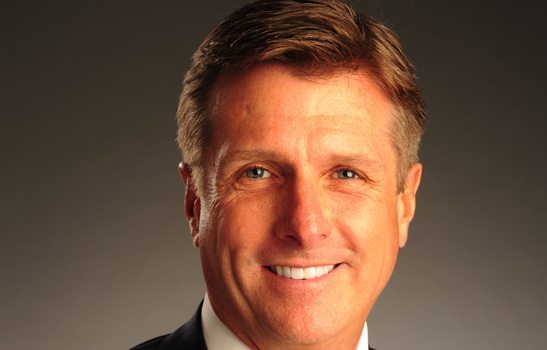CEO Rick Welts discusses how the recession has affected the professional sports industry, the sports industry’s role in economic development, the Phoenix Coyotes, and more.
Rick Welts
Title: President and CEO
Company: Phoenix Suns
How did the recession affect the professional sports industry?
It certainly put pressure on pricing. The Suns haven’t raised prices in three years now and certainly didn’t feel like we were in a position to. The types of products that we tried to create for ticket buyers, I think, were reflective of the economy and understanding that we’re probably going to sell more partial full-season tickets than we are our traditional season ticket. … We have our own market for resale tickets for people who own tickets and want to sell them to other people, which was an opportunity for people to recoup some of the investment they’d made on season tickets. And I think we saw that across all the teams in the Valley.
Are you seeing any positive changes in the economy?
Our television ratings were up significantly this past year, and I think one of the trade-offs between people coming to the arena and the television broadcast was that we actually had more people that were part of our audience there. We’re unique among the Valley sports teams in that we produce and sell all of our own television games. … I think definitely last season we saw an upturn in ad spending, which is important to us because it’s a big part of our revenue on our television broadcast.
What role do pro-sports teams play in economic development?
I’m a huge believer that we are the greatest brand ambassadors for Phoenix that exist out there. … So, when we have games on national television coming from Phoenix, Arizona, and you have beauty shots of our incredible community, it’s really a two-and-a-half hour commercial for our region, for the city of Phoenix.
What about the rift between the Goldwater Institute and Glendale over the Phoenix Coyotes?
It’s really an important topic that cities are going to have to wrestle with, and our city is going to have to wrestle with. … The economics of our business are not such that sports teams by themselves can afford to build a multi-purpose facility … But how we pay for that, what’s the appropriate investment, what’s the right way to go about doing it is a very fair discussion to have out there between sports teams, the public and our elected officials.
Why was it important to publicly announce that you’re gay?
We really want to have an open discussion about sexual orientation within this industry, which is a very difficult topic for us to get to. For whatever reason, we’re a little out of step with where most of our society is today in having that discussion and feeling comfortable having it. The purpose was to hopefully facilitate more of that discussion, which I can promise you has been the case. What I also said is that I wanted to at least have a person out there who young people could identify with who might give them a little hope that pursuing their passion, if it’s team sports, wasn’t something that was out of reach just because of who they were. … I’m at the very beginning of what’s going to be a very interesting journey for me on this. … I’m going to let the experience guide me.
Vital Stats: Rick Welts
- Worked for the Seattle SuperSonics from 1969 to 1979 starting as a ball boy and ending as director of public relations
- Started his tenure in the NBA league office in 1982 as director of national promotions for NBA Properties
- Credited with the creation of the NBA All-Star Weekend concept in 1984
- In 1998, Brandweek magazine named him Marketer of the Year for his role in creating and launching the WNBA
- Left the NBA office in 1999 as the league’s executive vice president, chief marketing officer and president of NBA Properties
- Joined the Suns as president and COO in 2002
- Named president and CEO of the Suns in 2009




